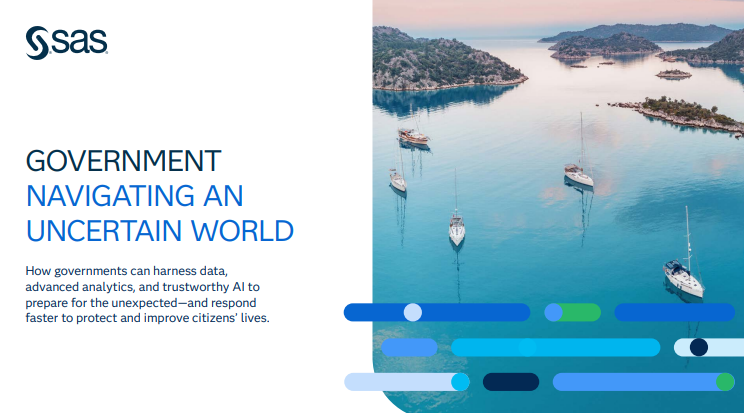
Government Navigating an Uncertain World

One of governments’ main duties is to ensure stability in the nation it serves and help every citizen live a safe, happy and fulfilling life. If governments could clearly and accurately predict the challenges of tomorrow, they would stand a much better chance of achieving these goals. Unfortunately, the world is inherently chaotic and government resources are limited—forcing leaders to triage their preparation strategies by prioritising the issues that seem most likely and urgent at any given time. When public finances are already overstretched, it’s difficult to justify spending large sums of taxpayers’ money on preparing for a problem that may never arise. On the other hand, when the unexpected does happen, the first questions citizens ask are: “Why isn’t the government doing something about this?” and “Why weren’t we better prepared?”